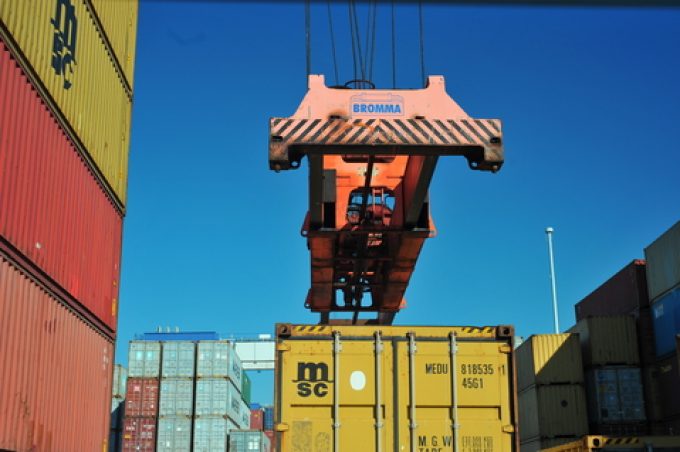Gemini Cooperation carriers steam ahead of rivals in reliability stakes
Ocean carriers “need a big nudge” to get their global on-time performance (OTP) back to ...

Facing profitability setbacks after the recent steep freight rate downturns, container lines appear to be exploring other avenues to shore-up balance sheets.
In a sign of a new commercial strategy, MSC has substantially raised documentation charges for export shipments out of India.
From the end of this month, the carrier’s charges towards bill of lading (B/L) release are set to rise by some 60% above its current tariff levels and the scale of rates collected by other carriers.
According to a MSC (India) ...
Keep our news independent, by supporting The Loadstar
Volume surge and an early peak season? 'Don't celebrate too soon,' warning
Container spot rates diverge: to Europe still falling, but firmer to the US
Hapag-Lloyd won't take bookings if port congestion leaves cargo stranded
Ecommerce likely the front-runner in resurge of transpacific trade after deal
China-US trade tariff pause could drive a rebound for transpacific rates
Service chaos from trade ban with India a problem for Pakistan shippers
Airfreight rates ex-China 'loss-making', but hopes of a trade deal stay high
Carriers impose 'emergency operation' surcharges on Pakistan cargo
Serious threat to jobs in US logistics as tariffs cause economic 'stagflation'
Shippers should check out the 'small print' in China-US tariff cuts
15% rebate for box ships as Suez Canal Authority woos carriers
White House u-turns see freighters flying but keep logistics players on their toes
MSC in terminal switch as Nhava Sheva gets strong start to new fiscal year
Peak season or recession? Forwarders and shippers need to 'stay flexible'
Volga-Dnepr claims 'pirate' Canada has 'hijacked' its stranded aircraft


Comment on this article